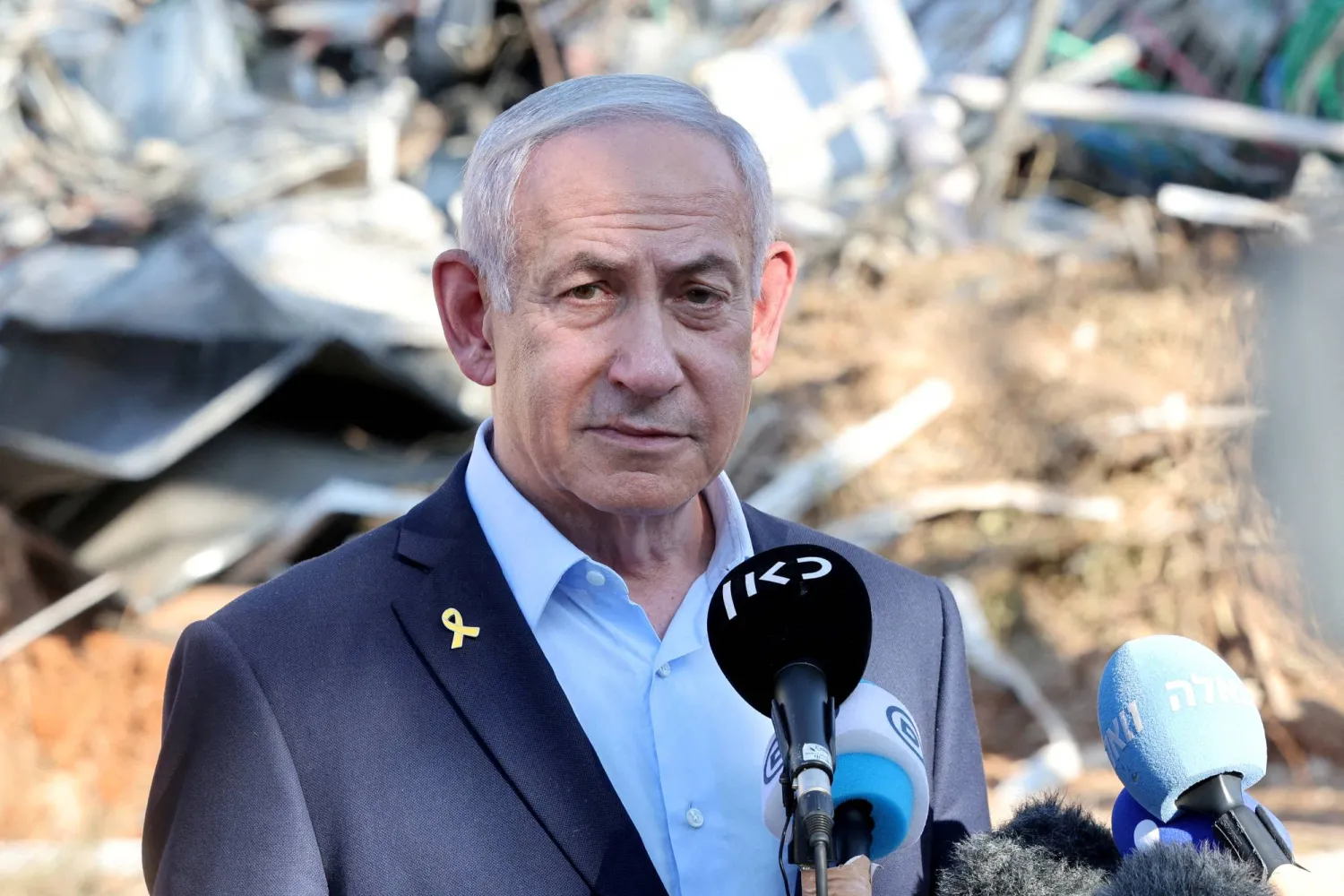Israel's Prime Minister Benjamin Netanyahu said he believed his discussions with US President Donald Trump on Monday would help advance talks on a Gaza hostage release and ceasefire deal that Israeli negotiators resumed in Qatar on Sunday.
Israeli negotiators taking part in the ceasefire talks have clear instructions to achieve a ceasefire agreement under conditions that Israel has accepted, Netanyahu said on Sunday before boarding his flight to Washington.
"I believe the discussion with President Trump can certainly help advance these results," he said, adding that he was determined to ensure the return of hostages held in Gaza and to remove the threat of Hamas to Israel.
It will be Netanyahu's third visit to the White House since Trump returned to power nearly six months ago.
Public pressure is mounting on Netanyahu to secure a permanent ceasefire and end the war in Gaza, a move opposed by some hardline members of his right-wing coalition. Others, including Foreign Minister Gideon Saar, have expressed support.
Palestinian group Hamas said on Friday it had responded to a US-backed Gaza ceasefire proposal in a "positive spirit", a few days after Trump said Israel had agreed "to the necessary conditions to finalize" a 60-day truce.
But in a sign of the potential challenges still facing the two sides, a Palestinian official from a militant group allied with Hamas said concerns remained over humanitarian aid, passage through the Rafah crossing in southern Israel to Egypt and clarity over a timetable for Israeli troop withdrawals.
Netanyahu's office said in a statement that changes sought by Hamas to the ceasefire proposal were "not acceptable to Israel". However, his office said the delegation would still fly to Qatar to "continue efforts to secure the return of our hostages based on the Qatari proposal that Israel agreed to".
Netanyahu has repeatedly said Hamas must be disarmed, a demand the militant group has so far refused to discuss.
Netanyahu said he believed he and Trump would also build on the outcome of the 12-day air war with Iran last month and seek to further ensure that Tehran never has a nuclear weapon. He said recent Middle East developments had created an opportunity to widen the circle of peace.
On Saturday evening, crowds gathered at a public square in Tel Aviv near the defense ministry headquarters to call for a ceasefire deal and the return of around 50 hostages still held in Gaza. The demonstrators waved Israeli flags, chanted and carried posters with photos of the hostages.
The latest bloodshed in the decades-old Israeli-Palestinian conflict was triggered on October 7, 2023, when Hamas attacked southern Israel, killing around 1,200 people and taking 251 hostages, according to Israeli tallies.
Gaza's health ministry says Israel's retaliatory military assault on the enclave has killed over 57,000 Palestinians. It has also caused a hunger crisis, displaced the population, mostly within Gaza, and left the territory in ruins.
Around 20 of the remaining hostages are believed to be still alive. A majority of the original hostages have been freed through diplomatic negotiations, though the Israeli military has also recovered some.









